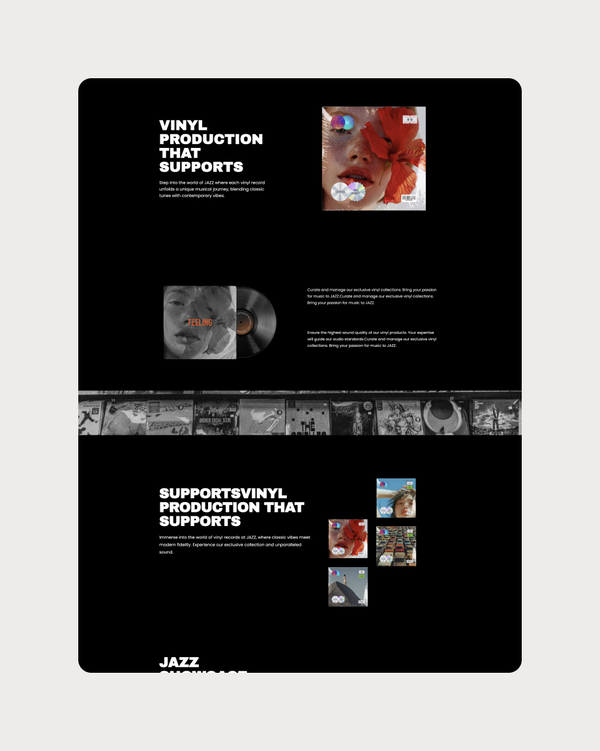Lead Generating Websites Best Practices
Lead Generating Websites Resources
Lead Generating Websites
Web hosting is a critical component of any website or online business. It refers to the service that allows individuals and organizations to post a website or web page onto the internet. Web hosting providers are companies that provide the technology and server space needed to make websites accessible on the World Wide Web. In this article, we will discuss the importance of web hosting, different types of web hosting, and factors to consider when choosing a web hosting provider.

Lead Generating Websites Challenges
Lead Generating Websites
As search engines like Google continue to prioritize high-quality, relevant content in their search results, businesses that invest in content marketing SEO are more likely to see success in their online marketing efforts. By creating content that is optimized for specific keywords and provides value to their target audience, businesses can increase their visibility in search engine results pages (SERPs) and attract more potential customers to their websites.
Here are some key tips for effectively implementing content marketing SEO strategies:
1. Conduct keyword research: Before creating any content, it’s important to conduct thorough keyword research to identify the most relevant and high-traffic keywords for your industry. By targeting the right keywords in your content, you can improve your chances of ranking higher in search results and attracting more organic traffic to your website.
2. Create high-quality, engaging content: Content marketing SEO is not just about stuffing keywords into your content – it’s about creating valuable, engaging content that provides value to your target audience. By creating content that addresses the needs and interests of your audience, you can increase engagement, build trust, and improve your chances of ranking higher in search results.
3. Optimize your content for SEO: Once you’ve created your content, it’s important to optimize it for search engines. This includes optimizing your title tags, meta descriptions, headers, and image alt text with relevant keywords, as well as incorporating internal and external links to other relevant pages on your website.
4. Focus on quality over quantity: While it’s important to consistently produce new content for your website, quality should always take precedence over quantity. By focusing on creating high-quality, relevant content that provides value to your audience, you can improve your chances of ranking higher in search results and attracting more organic traffic to your website.
5. Monitor and analyze your results: Lastly, it’s important to regularly monitor and analyze the performance of your content marketing SEO efforts. By tracking key metrics such as organic traffic, keyword rankings, and engagement rates, you can identify what’s working well and make adjustments to your strategy as needed.
Website builders are online tools that allow users to create their own websites without needing to know how to code or design. These platforms provide a user-friendly interface with drag-and-drop functionality, making it easy for anyone to create a professional-looking website quickly and affordably.
There are many website builders available on the market, each offering different features and pricing plans. Some popular website builders include Wix, Squarespace, Weebly, and WordPress. In this article, we will discuss the benefits of using a website builder and how to choose the right one for your needs.
Benefits of Using a Website Builder
1. Easy to use: Website builders are designed for users with little to no technical skills. The drag-and-drop interface makes it easy to customize the design and layout of your website without having to write a single line of code.
2. Cost-effective: Hiring a professional web designer can be expensive, especially for small businesses or individuals on a tight budget. Website builders offer affordable pricing plans that include hosting, domain registration, and customer support, making it a cost-effective option for creating a website.
3. Customizable templates: Website builders offer a wide range of pre-designed templates that you can customize to fit your brand and aesthetic. These templates are responsive, meaning they will automatically adjust to different screen sizes, ensuring your website looks great on any device.
4. Built-in features: Website builders come with built-in features such as e-commerce functionality, SEO tools, and analytics, making it easy to optimize your website for search engines and track visitor behavior. These features are essential for growing your online presence and reaching a wider audience.
5. Quick deployment: With a website builder, you can have your website up and running in a matter of hours, compared to hiring a web designer, which can take weeks or even months to complete. This quick deployment allows you to start promoting your products or services online sooner.
How to Choose the Right Website Builder
When choosing a website builder, it’s important to consider your specific needs and goals. Here are some factors to consider when selecting the right website builder for your project:
1. Ease of use: Look for a website builder with an intuitive interface and drag-and-drop functionality that makes it easy to customize your website without any technical skills.
2. Templates: Consider the variety and quality of templates offered by the website builder. Choose a platform that provides a range of professionally designed templates that you can customize to fit your brand.
3. Features: Look for built-in features such as e-commerce functionality, SEO tools, analytics, and social media integration that will help you optimize your website for search engines and reach a wider audience.
4. Pricing: Consider your budget and choose a website builder with pricing plans that fit your needs. Some website builders offer free plans with limited features, while others offer premium plans with additional benefits.
5. Support: Choose a website builder that offers customer support through live chat, email, or phone to help you troubleshoot any issues or questions you may have while building your website.

How to Lead Generating Websites
Lead Generating Websites
Conclusion
Web design is a critical component of creating a successful online presence and can significantly impact the performance of your website. By following best practices in web design and focusing on user experience, you can create a visually appealing, user-friendly, and functional website that attracts and retains visitors, drives conversions, and enhances brand reputation. Remember to define your goals, know your audience, keep it simple, optimize for mobile, use high-quality visuals, ensure clear navigation, prioritize loading speed, and test and iterate for continuous improvement. With these tips in mind, you can create an effective website that stands out in the digital landscape and drives success for your business.


